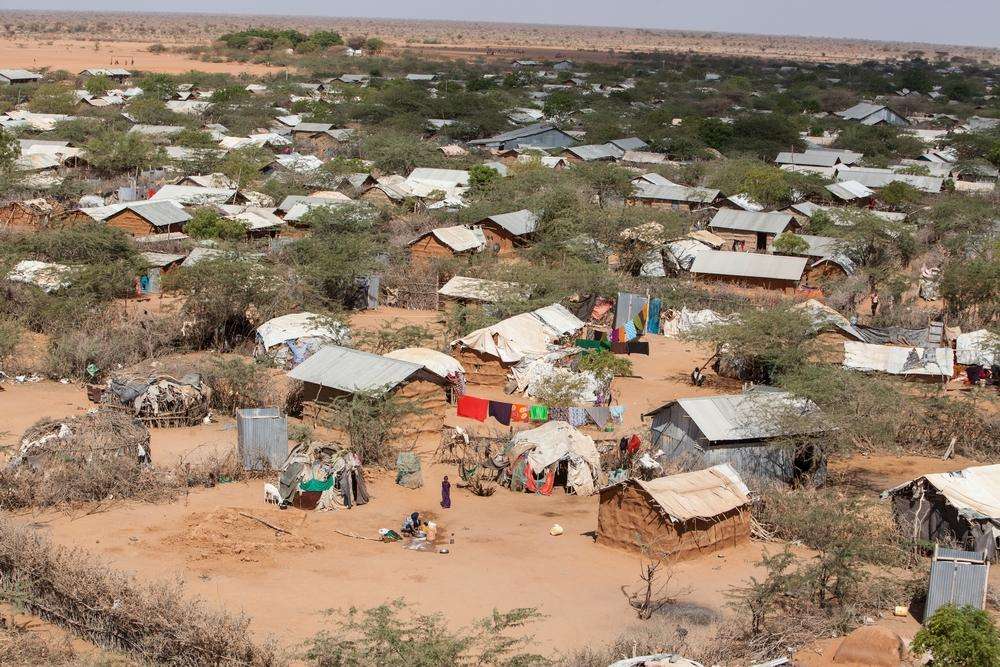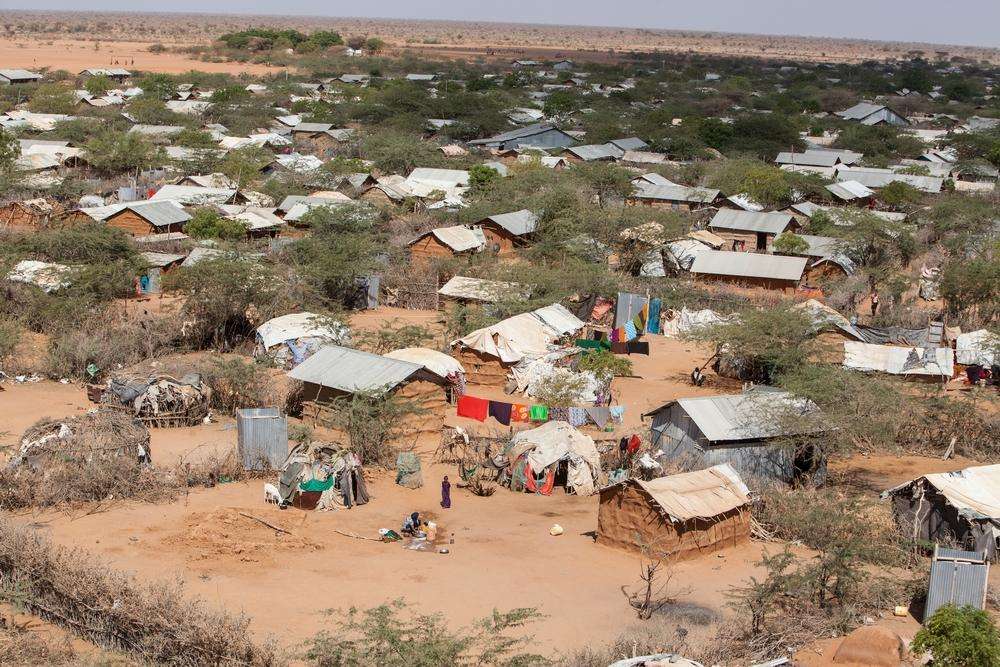NAIROBI/NEW YORK—Increasing violence in northeastern Kenya has forced the international medical humanitarian organization Doctors Without Borders/Médecins Sans Frontières (MSF) to evacuate several of its employees from the Dadaab refugee camp and to suspend some medical activities there, depriving Somali refugees living there of much-needed care, MSF announced today.
Dadaab is the world’s largest refugee camp, home to some 350,000 people. In addition to the evacuation of 42 MSF staff members to the capital, Nairobi, two of MSF’s four health posts have closed, and antenatal care in its hospital has been suspended. Other medical services are likely to be affected by the drastic reduction of staff.
"Refugees and medical staff are bearing the brunt of the deteriorating security conditions," said Charles Gaudry, MSF head of mission in Kenya. "The current security situation is severely limiting the ability of our medical staff to provide humanitarian aid to people who desperately need it."
MSF calls on armed groups to guarantee respect for medical facilities, patients, and staff so that it can resume full activities as soon as possible.
The Dadaab camp has been home for more than 20 years to generations of Somalis who fled conflict in their country. MSF operates a 100-bed hospital and two health posts in Dagahaley, one of the five camps that make up the sprawling Dadaab complex.
Humanitarian assistance in the camps has been reduced over recent years due to increasing insecurity and a decrease in funding of many aid organizations.
MSF will continue to evaluate the security situation in the hope that safety and the integrity of MSF operations in the camps can be assured. Once it has obtained such guarantees, MSF will consider resuming full medical activities in Dadaab.
MSF has been working in Dadaab for 20 years and is currently the only provider of medical care in Dagahaley camp, where it runs a 100-bed hospital and two health posts, managed and run by Kenyan staff. The hospital provides inpatient and outpatient services, including surgery, maternity care, HIV and TB treatment, and an inpatient feeding center for malnourished children.
In 2014, MSF provided 180,000 outpatient consultations, admitted 12,000 people as inpatients, provided 12,000 antenatal consultations, and delivered 3,240 babies. In the aftermath of the Garissa University attacks on April 2, 2015, MSF deployed a team from Dadaab to Garissa Hospital to treat wounded and provide medical assistance to students evacuated to Garissa airport.





